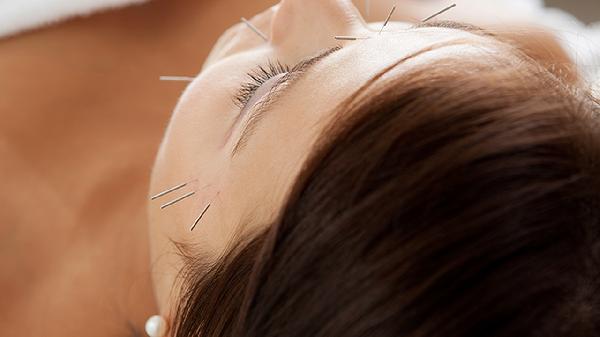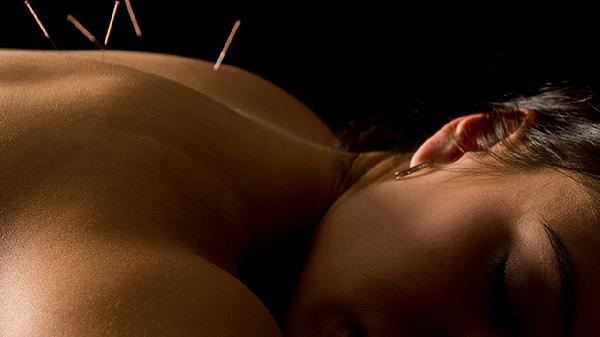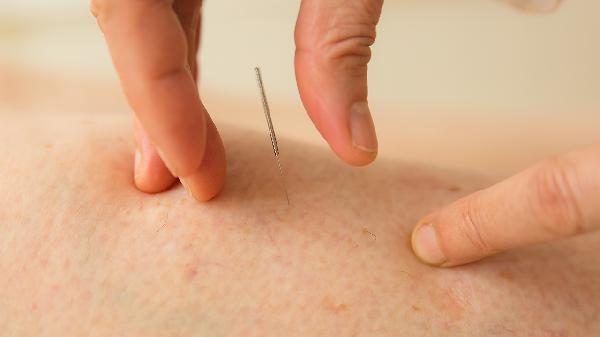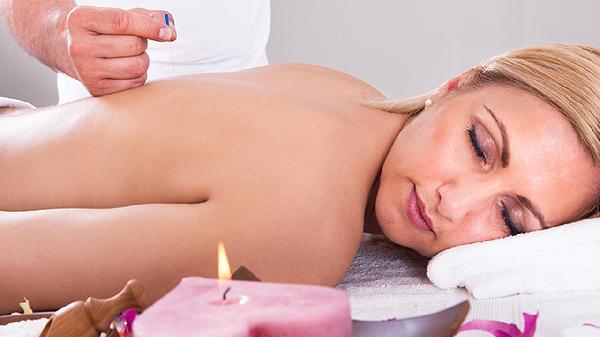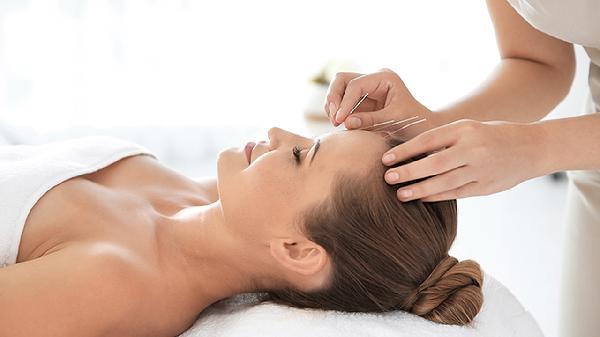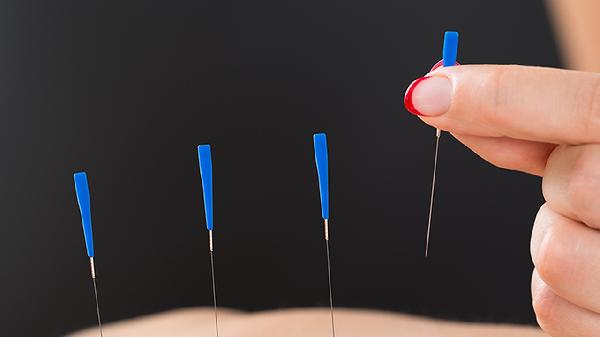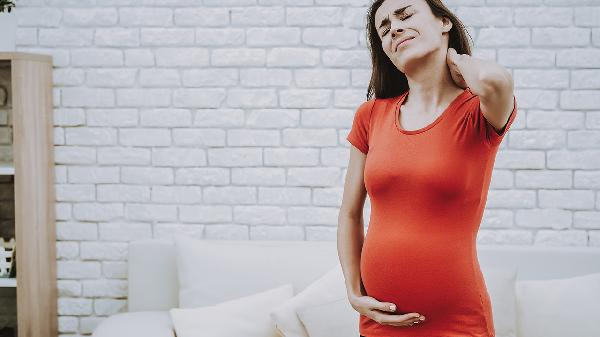Acupuncture can indeed help relieve vertigo, according to experts, by targeting specific points to improve balance and reduce symptoms. Vertigo, a sensation of spinning or dizziness, can be caused by various factors, including inner ear issues, migraines, or neurological conditions. Acupuncture, a traditional Chinese medicine practice, involves inserting thin needles into specific points on the body to restore energy flow and promote healing. Studies and expert opinions suggest that acupuncture may alleviate vertigo symptoms by improving blood circulation, reducing inflammation, and calming the nervous system.

How Acupuncture Works for Vertigo
Acupuncture aims to restore the balance of Qi (energy) in the body, which is believed to be disrupted in cases of vertigo. By stimulating specific acupuncture points, practitioners can influence the body’s natural healing processes. For vertigo, common points include those around the ears, neck, and head, which are thought to regulate the inner ear and nervous system. This stimulation can help reduce dizziness, nausea, and imbalance associated with vertigo. Additionally, acupuncture may address underlying causes, such as stress or poor circulation, contributing to symptom relief.
Scientific Evidence Supporting Acupuncture for Vertigo
Research has shown promising results for acupuncture in managing vertigo. A study published in the journal Evidence-Based Complementary and Alternative Medicine found that acupuncture significantly reduced vertigo symptoms in patients with benign paroxysmal positional vertigo (BPPV). Another study in The Journal of Alternative and Complementary Medicine reported that acupuncture improved balance and reduced dizziness in patients with Meniere’s disease, a condition affecting the inner ear. While more large-scale studies are needed, these findings suggest that acupuncture can be an effective complementary therapy for vertigo.
Benefits of Acupuncture for Vertigo
Acupuncture offers several benefits for individuals experiencing vertigo. It is a non-invasive treatment with minimal side effects, making it a safe option for many patients. Unlike medications, which may cause drowsiness or other adverse effects, acupuncture focuses on addressing the root cause of vertigo rather than just masking symptoms. Additionally, acupuncture can be tailored to each individual’s needs, ensuring a personalized approach to treatment. Many patients report feeling more relaxed and balanced after acupuncture sessions, which can further contribute to symptom relief.
What to Expect During an Acupuncture Session
During an acupuncture session for vertigo, a licensed practitioner will first assess your symptoms and medical history to determine the best course of treatment. They will then insert sterile, thin needles into specific points on your body, which may include the scalp, neck, or ears. The needles are typically left in place for 15 to 30 minutes while you relax. Most people experience minimal discomfort during the process, often describing it as a slight tingling or warmth. After the session, you may feel a sense of calm and improved balance, though some individuals may require multiple sessions for lasting relief.
Combining Acupuncture with Other Treatments
While acupuncture can be effective on its own, combining it with other treatments may enhance its benefits. For example, vestibular rehabilitation therapy (VRT), a specialized form of physical therapy, can help retrain the brain to process balance signals correctly. Dietary changes, such as reducing salt intake, may also be beneficial for conditions like Meniere’s disease. Additionally, stress management techniques like meditation or yoga can complement acupuncture by promoting overall well-being. Consulting with a healthcare provider can help you develop a comprehensive treatment plan tailored to your needs.
Expert Recommendations for Using Acupuncture for Vertigo
Experts recommend seeking acupuncture treatment from a licensed and experienced practitioner to ensure safety and effectiveness. It’s important to communicate openly with your acupuncturist about your symptoms, medical history, and any concerns you may have. While acupuncture is generally safe, individuals with certain conditions, such as bleeding disorders or severe heart disease, should consult their doctor before starting treatment. Regular sessions may be necessary to achieve and maintain symptom relief, so consistency is key.
Potential Risks and Considerations
Although acupuncture is considered safe for most people, there are some potential risks to be aware of. Minor side effects, such as bruising, soreness, or slight bleeding at the needle sites, may occur. In rare cases, improper needle insertion can lead to infections or organ injuries. To minimize risks, ensure that your acupuncturist uses sterile needles and follows proper hygiene practices. If you experience severe or persistent side effects, discontinue treatment and consult a healthcare professional.
Conclusion: A Holistic Approach to Vertigo Relief
Acupuncture offers a holistic and natural approach to managing vertigo, addressing both symptoms and underlying causes. While it may not be a standalone cure, it can be a valuable component of a comprehensive treatment plan. By improving circulation, reducing inflammation, and promoting relaxation, acupuncture can help restore balance and alleviate dizziness. If you’re considering acupuncture for vertigo, consult with a licensed practitioner to explore how this ancient practice can support your journey toward better health and well-being. Remember, every individual’s experience with vertigo is unique, so finding the right combination of treatments is essential for lasting relief.
